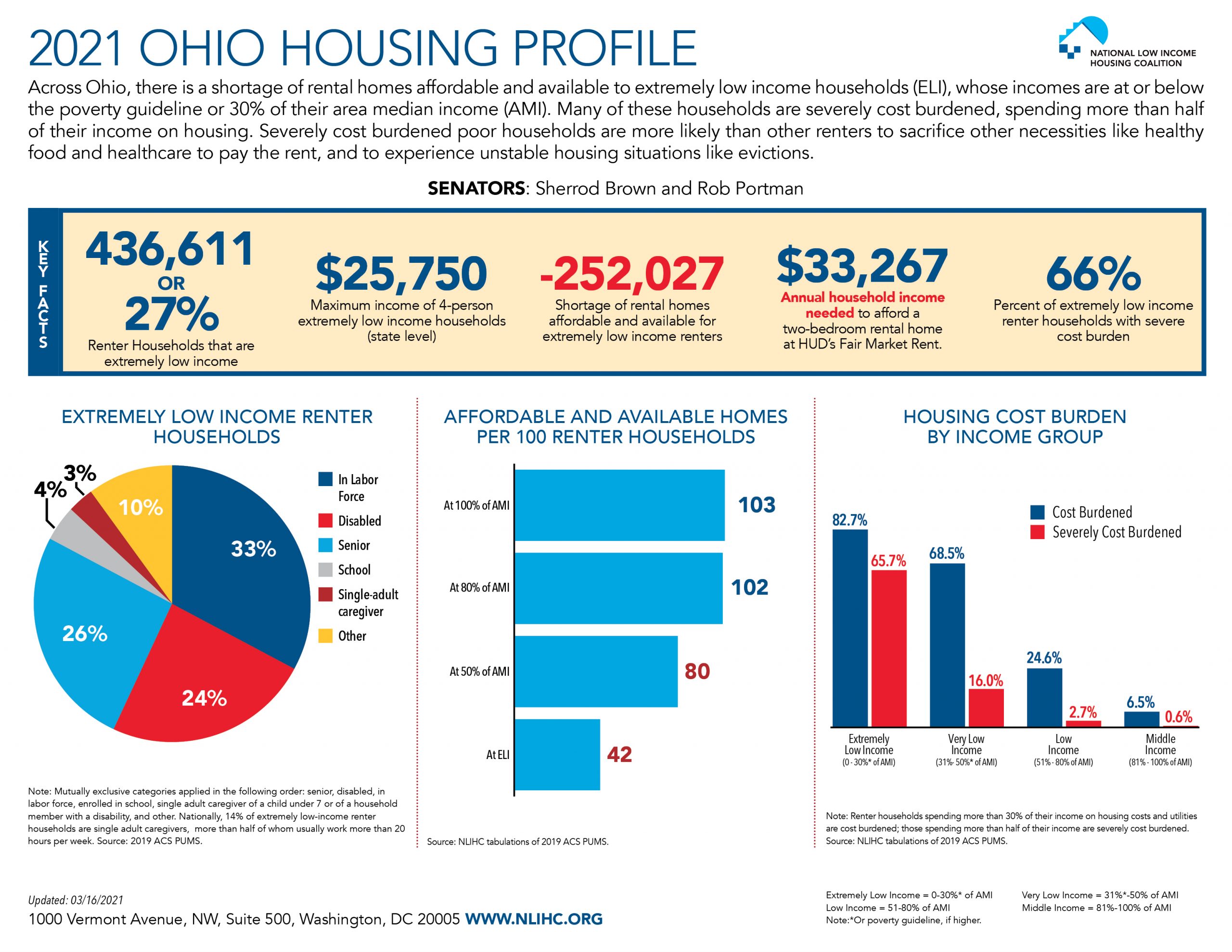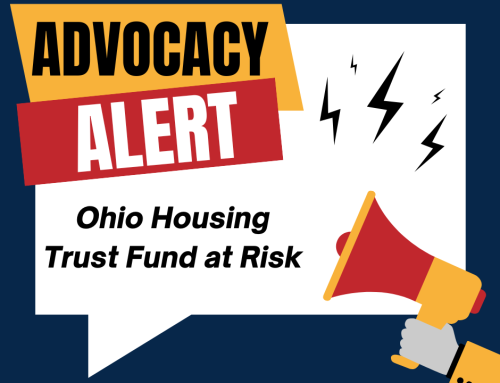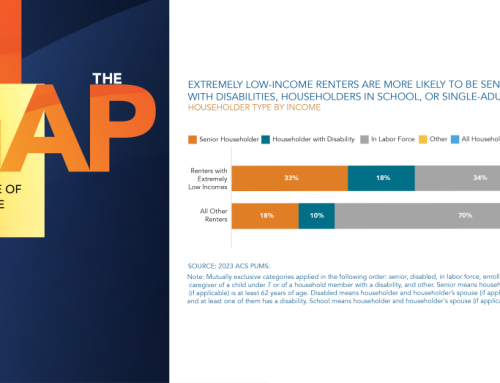FOR IMMEDIATE RELEASE
Mar. 18, 2021
Report Details Ohio’s Pre-Pandemic Affordable Housing Gap
A report released Thursday illustrates a severe shortage of affordable housing in Ohio, a problem that has only grown worse since Covid-19 ravaged the state’s lowest income tenants.
The Gap report jointly released by the Coalition on Homelessness and Housing in Ohio and the National Low Income Housing Coalition shows only 42 rental units are affordable and available for every 100 extremely low-income households in Ohio. The affordable housing shortage is even more severe in Columbus, which has only 32 units per 100 of the city’s poorest residents.
While the affordable housing shortage hits the lowest-income workers the hardest, the report shows that many Ohio tenants were struggling to pay the rent. More than 21 percent of Ohio’s 1.6 million renter households were spending over half their income on rent before the pandemic.
While Ohio has recovered many of the jobs lost during the early days of the pandemic, there were still 307,000 fewer jobs in January 2021 than a year before, with most of the long-term layoffs concentrated in low-wage industries, like hospitality and food service.
COHHIO Executive Director Bill Faith noted that the grim report reflected a relatively rosy pre-pandemic situation for tenants.
“After decades of getting squeezed between rising rents and stagnant wages, Ohio’s lowest-paid renters got walloped by job loss that pushed many to the brink,” he said. “No one should have to face the prospects of eviction and homelessness during a pandemic. COVID-19 has made painfully clear that we all need a stable, affordable place to live to stay healthy, continue working, and going to school.”
Congress has taken significant action to address emergency housing needs in recent months, but Faith said policymakers also need to think beyond the pandemic and address the long-term affordable housing shortage that made low-income Ohioans extremely vulnerable during the ongoing public health crisis.
Only 1 in 4 people who qualify for federal housing assistance actually receive it, which puts many people with disabilities, seniors, and low-wage families one step away from losing their homes. COHHIO and NLIHC are urging Congress to take strong action to expand the National Housing Trust Fund and effective rental assistance programs.
“President Biden’s campaign plan provides a great roadmap for rebuilding our battered housing infrastructure. It’s time we take action to transform our housing safety net so that no child has to grow up living in cars or homeless shelters,” Faith said.
-30-








